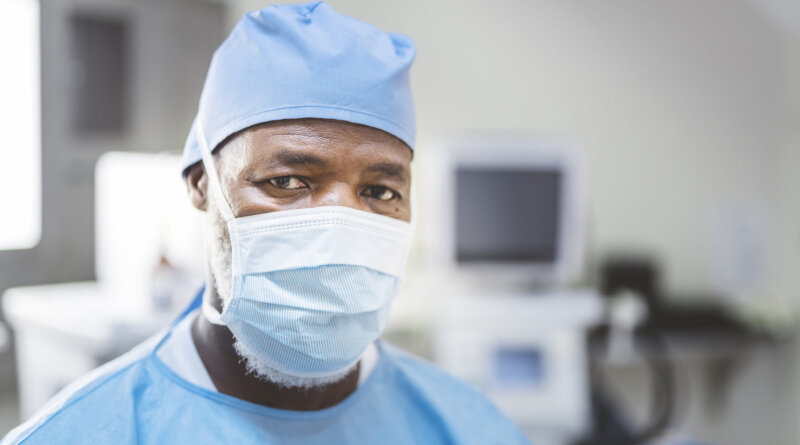More Cancers Being Diagnosed at Later Stages
The online survey was conducted from Jan. 15 through Feb. 7, 2021.
“We were certainly seeing individuals delay coming in for radiation because of concerns related to COVID,” Dr. Karen Winkfield, executive director of the Meharry-Vanderbilt Alliance in Nashville, Tenn., said at the news conference. “But we have done a wonderful job in radiation oncology departments around the country with making sure our patients and our staff are safe.”
Patients are also returning for cancer screening, Winkfield added.
Shelley Fuld Nasso, chief executive officer of the National Coalition for Cancer Survivorship, in Silver Spring, Md., said while telemedicine has proved important, many patients lack access or the ability to use the technology needed.
For many patients, telemedicine creates a feeling that needed emotional support has been lost, along with a sense of isolation and limited access to the cancer care team, Nasso said.
“We heard from patients that they want to be able to have access to the whole team and not just the one person they may be seeing on telehealth,” she said.
Nasso also mentioned two patients whose doctors initially passed off their cancer as something else.
“[These patients] had to be advocates to get their diagnosis — neither of their cancers would have been detected by screening — but they knew the symptoms they were feeling were not right and they sought treatment, even as they faced delays in the diagnosis,” she said.
Not everyone is willing or able to advocate for themselves, Nasso added.
“We need to ensure that the system works for everyone regardless of their health literacy or their ability to advocate for themselves,” she said.
Pandemic-related unemployment and the resulting loss of health insurance have also taken a toll on cancer screening and diagnosis, according to Dr. Laura Makaroff, senior vice president for prevention and early detection at the American Cancer Society.
But Makaroff predicted that as more Americans are vaccinated, increases in screening and cancer diagnoses will follow.
“People will feel more comfortable going in for health care, but I think we as a nation need to also recognize that we have work to do to reduce these barriers so that patients are able to engage in care safely and understand that risk of delaying care or delaying screening is far greater than any risk of potential COVID exposure,” Makaroff said.




